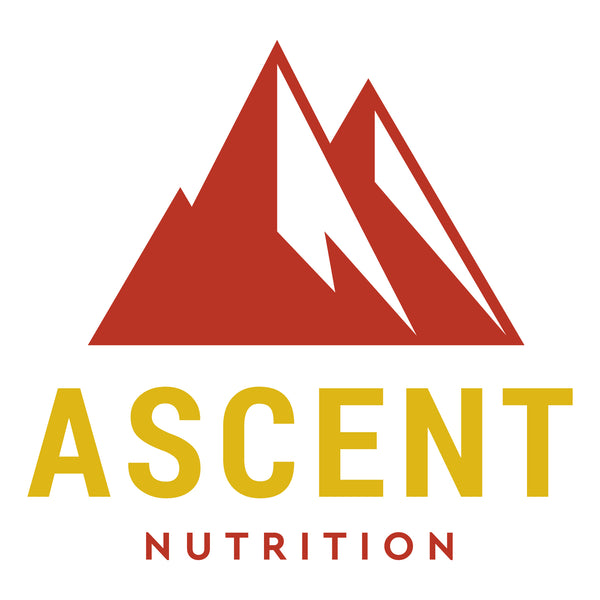Muscle function
Omega-3 fatty acids can enhance muscle strength and power by encouraging muscle protein synthesis, supporting a healthy inflammatory response, and promoting neuromuscular function. This can enhance an athlete's anaerobic capacity and resistance.
In one study omega-3s were shown to support the muscle-building response to amino acids and insulin released in the body during exercise [1].
As a key component of muscle membranes and the body’s nerve endings, omega-3s also play an important role in the body’s neuromuscular function [2].
Energy Metabolism
As a physically active individual, optimal energy metabolism is crucial for sustaining peak performance throughout intense training sessions or competitions.
Omega-3 fatty acids, particularly EPA and DHA, have been shown to promote the oxidation of fat within the body [3]. This means that these essential nutrients can promote the efficient burning of stored fat for energy, providing your muscles with a readily available fuel source.
Moreover, by enhancing fat oxidation, omega-3s can help your body "spare" or preserve glycogen stores – the primary source of energy for high-intensity exercise.
When glycogen levels are maintained, your muscles can continue to perform at their best, even during prolonged periods of physical exertion. This can be particularly beneficial for endurance athletes or those engaged in extended bouts of training or competition.
Overall Brain Health
Another benefit of omega-3s for athletes is its key role in brain function [4]. Mental focus, concentration, and cognitive performance are essential components of any athletic endeavor. A sharp mind can give you the competitive edge you need to excel in your sport and workouts.
The omega-3 fatty acid DHA plays a vital role in brain development and function.
By supporting neural communication and promoting a healthy brain, omega-3s can support cognitive processes such as memory, attention, mental clarity, and problem-solving, which are crucial for athletes to perform at their best.
Learn More: Omega 3 DHA as a Nootropic Supplement for Brain Health
Reaction Time
For athletes or individuals who need to stay sharp and make split-second decisions, having optimal brain and visual health is essential.
Omega-3s, in particular DHA, play a crucial role in supporting cognitive function and visual processing/signaling [5].
According to a study published in the Journal of Sports Science & Medicine, omega-3 supplementation was shown to significantly enhance the reaction of soccer players within a month [6].
Cardiovascular Health
Maintaining a healthy heart is crucial for athletes, as it directly impacts endurance and overall stamina.
Omega-3 fatty acids have been extensively researched for their beneficial effects on cardiovascular health [7]. They can help support healthy blood pressure levels, promote healthy blood vessel function, and encourage a balanced lipid profile – all of which support healthy cardiovascular performance and help reduce the risk of cardiovascular issues.
By incorporating omega-3s into your diet, you're giving your heart the support it needs to power through intense workouts and competitions and the added strain of the life of an athlete.
Learn More: Omega 3 Heart Benefits – How Algae Oil DHA Supports Cardiovascular Healt

